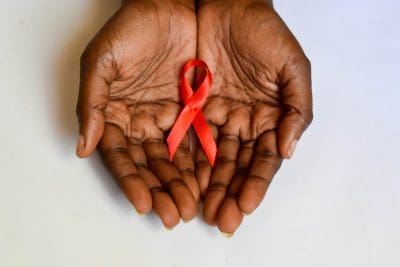A landmark study challenges conventional wisdom about depression treatment, revealing that psilocybin therapy may match or exceed the effectiveness of traditional antidepressants. This research emerges at a critical time, as global depression rates affect approximately 5% of adults worldwide, with many finding current treatments inadequate.
The findings arrive amid growing recognition that existing antidepressant medications leave significant gaps in treatment effectiveness. Current data indicates that nearly one-third of individuals with depression fail to respond to conventional selective serotonin reuptake inhibitors, commonly known as SSRIs.
4 key research findings
- Treatment efficacy demonstrates remarkable parity between psilocybin and traditional antidepressants. The study of 59 adults with moderate to severe depression found that two doses of psilocybin achieved benefits comparable to six weeks of daily SSRI treatment.
- Enhanced social functioning emerges as a distinctive advantage of psilocybin therapy. Participants receiving the compound reported improved interpersonal connections and psychological well-being that persisted months after treatment.
- Reduced side effect burden marks a significant difference between approaches. While SSRIs commonly cause ongoing issues with sleep, sexual function, and emotional numbing, psilocybin therapy showed fewer persistent adverse effects.
- Lasting improvement characterizes the psilocybin response, with benefits maintaining strength six months after treatment, suggesting potential advantages over daily medication requirements.
Understanding the mechanisms
Recent neuroimaging research reveals how psilocybin affects brain function differently from conventional antidepressants. The compound appears to disrupt established negative thought patterns, potentially allowing the brain to form new, healthier neural connections.
These changes occur through complex interactions with serotonin receptors, particularly the 5-HT2A subtype. Scientists observe increased neural plasticity during these interactions, suggesting opportunities for lasting therapeutic benefit.
Treatment protocol evolution
The research protocol combines careful dosing with psychological support, creating a structured therapeutic environment. Participants received approximately 20 hours of professional guidance alongside their psilocybin sessions.
This integrated approach represents a departure from traditional pharmaceutical interventions, emphasizing the importance of set, setting, and therapeutic support in achieving optimal outcomes.
Comparative advantages
Traditional antidepressants often require weeks or months of daily medication before achieving full effectiveness. The psilocybin protocol, requiring only two treatment sessions, suggests potential advantages in treatment efficiency and patient compliance.
Research indicates that psilocybin may offer broader effects on psychological well-being compared to SSRIs. Participants report enhanced sense of meaning and connection, factors crucial for long-term mental health.
Safety considerations
Clinical trials demonstrate careful screening and monitoring protocols essential for therapeutic psilocybin use. Researchers emphasize the importance of controlled settings and professional oversight in managing treatment sessions.
The compound shows low physiological toxicity and minimal risk of dependence. However, psychological preparation and integration support remain crucial components of the therapeutic process.
Regulatory landscape
Current legal frameworks classify psilocybin as a controlled substance in most jurisdictions. However, ongoing research continues generating evidence that may influence future regulatory decisions.
Several institutions now conduct expanded clinical trials, working toward potential FDA approval for specific therapeutic applications. These studies will help establish safety and efficacy standards for broader implementation.
Future implications
Research institutions continue exploring optimal treatment protocols and identifying suitable patient populations. Early results suggest potential applications beyond depression, including anxiety and addiction treatment.
Healthcare providers anticipate necessary adaptations to incorporate psychedelic therapy into existing mental health services. This includes developing specialized training programs and treatment facilities.
Access considerations
Current research occurs exclusively in controlled clinical settings, raising questions about future treatment availability and accessibility. Healthcare systems must address challenges in scaling therapeutic protocols while maintaining safety and effectiveness.
Insurance coverage and healthcare policy may require significant adaptation to accommodate these novel treatment approaches. Organizations already begin examining frameworks for potential implementation.











